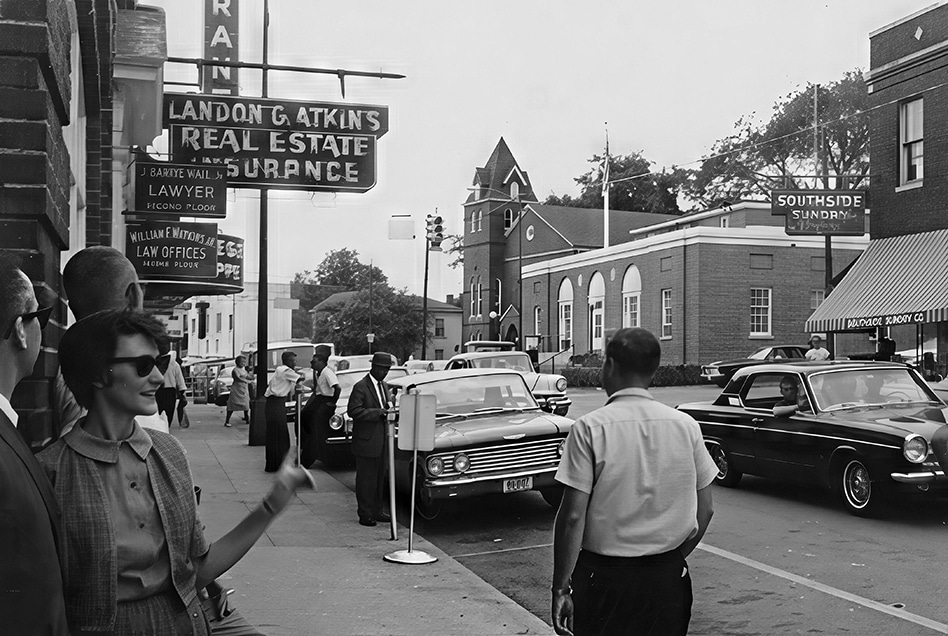RESOURCES
PLACES
Beulah AME Church
Beulah African Methodist Episcopal (AME) Church, established in 1868 in Farmville, Virginia, has long served as a cornerstone of the African American community. During the 1963 civil rights protests, Beulah AME Church played a pivotal role as a hub for organizing and supporting demonstrations against the closure of public schools in Prince Edward County.
In 1959, Prince Edward County officials chose to close public schools rather than comply with desegregation orders following the Supreme Court’s decision in Brown v. Board of Education. This left African American students without formal education for five years. Beulah AME Church, under the leadership of Reverend A. I. Dunlap, responded by facilitating educational opportunities for displaced students. Reverend Dunlap arranged for seniors from the all-Black Moton High School to attend Kittrell College in North Carolina to complete their education .
By the summer of 1963, frustration over the prolonged school closures led to increased activism. Beulah AME Church became a central meeting place for planning protests and training students in nonviolent resistance. Reverend Goodwin Douglas, who became pastor of Beulah AME Church in the early 1960s, was instrumental in organizing these efforts. He collaborated with other local leaders, such as Reverend L. Francis Griffin, to coordinate demonstrations, including sit-ins at segregated lunch counters and marches in downtown Farmville .
On August 24, 1963, students gathered at Beulah AME Church before participating in protests throughout Farmville. Photographs from that day depict students singing outside the church parsonage, exemplifying the church’s role as both a spiritual and strategic center for the movement . The sustained efforts of Beulah AME Church and its congregation contributed significantly to the eventual reopening of public schools in Prince Edward County in 1964, following the Supreme Court’s ruling in Griffin v. County School Board of Prince Edward County.
